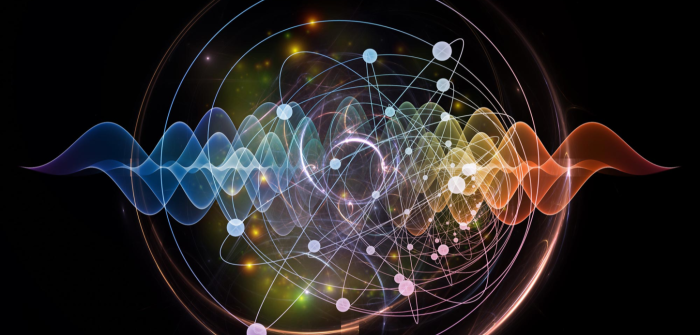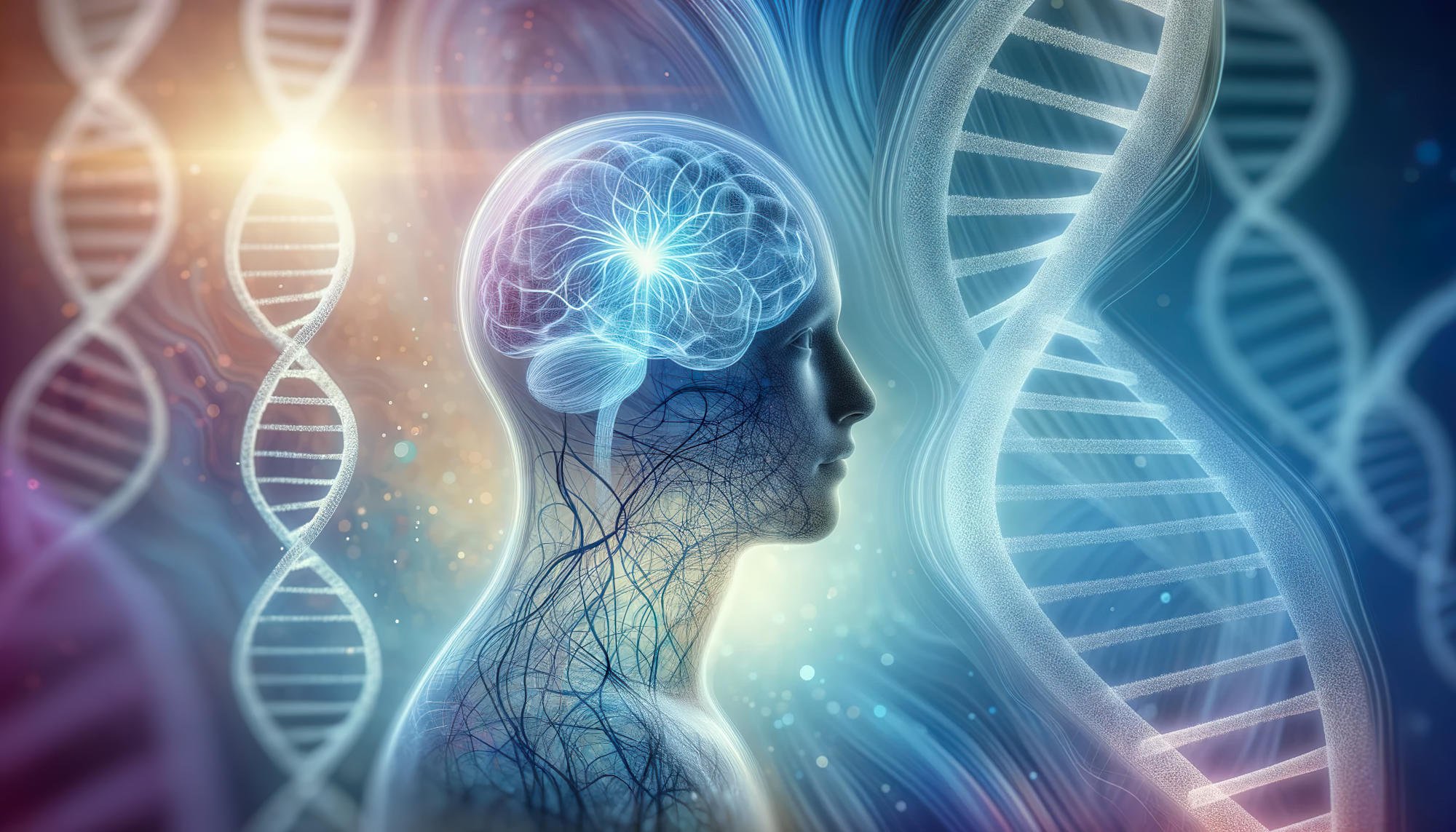Quantum physics is one of the most fascinating and complex areas of science, often described as the study of the very building blocks of the universe. Despite being an advanced field of study, its principles influence much of the technology we use daily. In this article, we will dive into the basics of quantum physics, explore its mind-bending concepts, and discuss its implications on science and technology.
The Wonders of Quantum Physics: Exploring the Mysteries of the Quantum World
What is Quantum Physics?
Quantum physics, also known as quantum mechanics, is a branch of physics that deals with the behavior of matter and energy at very small scales, typically at the level of atoms and subatomic particles. Unlike classical physics, which describes the world we can see and touch, quantum physics deals with the strange and unpredictable behavior of particles that do not follow the rules of classical mechanics.
Key Concepts in Quantum Physics
- Wave-Particle Duality One of the foundational concepts of quantum physics is wave-particle duality. This principle states that particles, like electrons and photons, can behave as both particles and waves. In some experiments, these particles exhibit properties of waves, while in others, they behave like discrete particles.
- Superposition Superposition refers to the ability of a quantum system to be in multiple states at once. For example, an electron in an atom can be in a superposition of different energy levels until measured. Once observed, the system collapses into one definite state.
- Entanglement Quantum entanglement is a phenomenon where two particles become linked, so the state of one particle instantly affects the state of the other, no matter the distance between them. This phenomenon baffled even Einstein, who famously called it “spooky action at a distance.”
- Heisenberg’s Uncertainty Principle Heisenberg’s Uncertainty Principle states that we cannot simultaneously know both the position and the momentum of a particle with perfect accuracy. The more precisely we know one, the less precisely we can know the other. This challenges the deterministic view of the universe that classical physics suggested.
Applications of Quantum Physics
- Quantum Computing One of the most exciting applications of quantum physics is quantum computing. Quantum computers use quantum bits (qubits) instead of classical bits, allowing them to perform calculations that would be impossible for classical computers. Quantum computing holds the potential to revolutionize fields like cryptography, artificial intelligence, and drug discovery.
- Quantum Cryptography Quantum cryptography leverages the principles of quantum mechanics to create ultra-secure communication systems. Quantum key distribution (QKD) allows for the secure exchange of encryption keys, ensuring that any eavesdropping attempt will be detected.
- Medical Applications Quantum physics has applications in medicine, particularly in imaging technologies like MRI and PET scans. These technologies rely on the principles of quantum mechanics to generate detailed images of the inside of the body.
Challenges and the Future of Quantum Physics
Despite its incredible potential, quantum physics also faces many challenges. One of the primary obstacles is creating stable quantum systems that can be used for practical purposes, such as in quantum computers. Additionally, the field’s abstract and counterintuitive nature makes it difficult to communicate and understand, even for experts.
Looking ahead, advancements in quantum computing, cryptography, and communication could redefine the future of technology. Scientists are working to develop quantum systems that are more stable, scalable, and practical for everyday use.
Conclusion:
Quantum physics reveals a world far beyond our everyday experience, governed by strange rules that challenge our understanding of reality. As scientists continue to explore this mysterious field, quantum physics is sure to lead to groundbreaking discoveries and technologies that will shape the future of science and technology.




